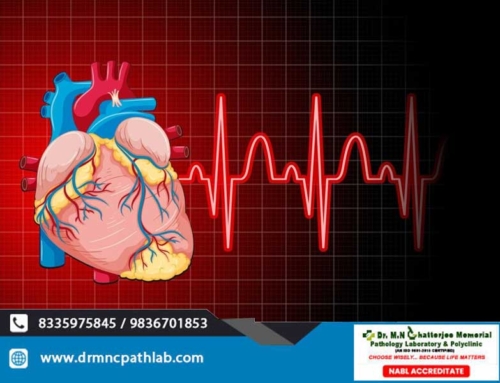The open sores in the inner lining of the stomach, the small intestine or the esophagus are known as peptic ulcers. The following are two types of peptic ulcer:
- Gastric ulcers: These ulcers develop in the lining of the stomach.
- Duodenal ulcers: These ulcers develop in the duodenum, which is the upper portion of the small intestine.
- Esophageal ulcers: These ulcers develop in the esophagus.
The detection of ulcers is possible through different tests. A diagnostic centre in Uttarpara has the necessary equipment for these tests.
Causes
If there is damage to the walls of the stomach from the digestive juices, peptic ulcers form. The following are two major causes of these ulcers:
-
Bacterium: The name of this bacterium is Helicobacter pylori (H. pylori) and it remains in many of our bodies. In some people, it leads to an increase in the amount of acid, irritates the digestive tract and breaks down the protective layer of the mucus.
-
Some pain relievers: You can have peptic ulcers if you are taking aspirin frequently for a long time. It can also happen if you take nonsteroidal anti-inflammatory drugs (NSAIDs).
-
Other factors: Drinking excessive alcohol, smoking, stomach cancer and radiation therapy can cause peptic ulcers.
Symptoms
Burning pain in your area between your chest and navel is the most common symptom of peptic ulcers. The other symptoms include:
- Lack of appetite
- Bloating
- Vomiting
- Dark stool with blood
- Loss of weight without any reason
Diagnosis
The doctor normally carries out a physical exam when you seek medical help. He/she suggests some diagnostic tests for peptic ulcers. You can undergo these tests at a pathology lab in Hooghly. Some of these tests are:
-
Endoscopy: This test is done with the help of an endoscope, a small tube with a camera. The doctor passes it down your throat and through your esophagus, stomach and small intestine. It helps to find the peptic ulcers. The doctor may take out small tissue samples to examine for the presence of H. pylori.
-
Upper GI test: You have to drink a type of thick liquid called barium in this test. The procedure is also known as the barium swallow. There will be an X-ray of your stomach, small intestine and esophagus. It is possible to easily detect the ulcers in this procedure.
Treatment
The gastroenterologist, practicing at a doctor chamber in Uttarpara, treats people suffering from peptic ulcers in different ways. He/she may prescribe a medicine combination to kill the bacterium H. pylori if it is present in your digestive tract. The doctor will suggest you to stop taking aspirin and NSAIDs. You may need to take proton pump inhibitors (PPIs), which reduce stomach acid and help in the healing of your ulcer. Stomach acid and ulcer pain also reduce if you take acid blockers.






